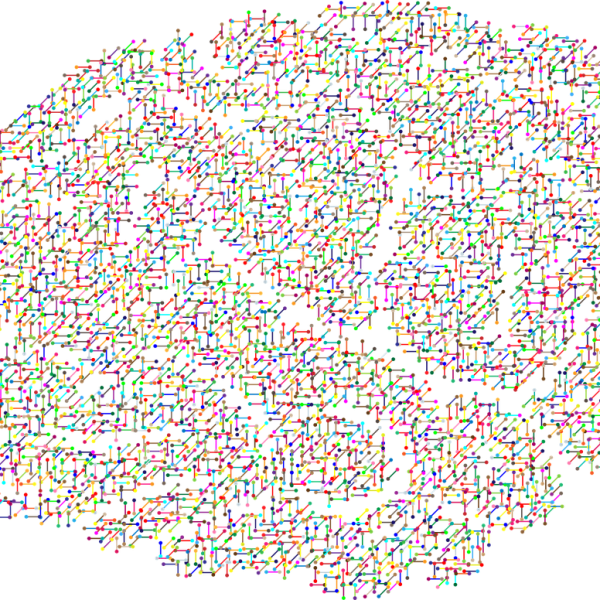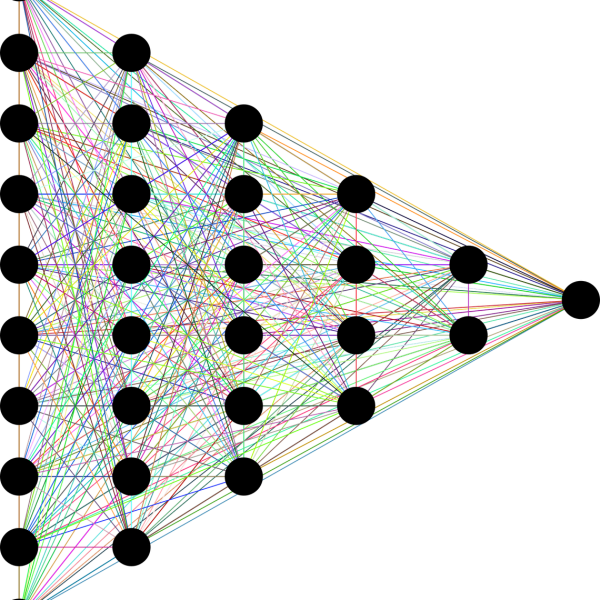Artificial intelligence (AI) has drawn intense scrutiny over societal dangers like misinformation, addiction, and bias when applied to social media and advertising. However, casting AI itself as strictly harmful overlooks how the same technical capabilities fueling concerning social media practices also enable profound social goods like revolutionizing medicine. At its core, AI is ethically neutral – mere tooling whose impacts depend on how human institutions choose to deploy it. Specifically, the ability to analyze individual behaviors and interactions that Internet giants exploit for profit and engagement can alternatively transform healthcare when applied responsibly to improve well-being.
How Social Media Uses AI Questionably
Critics argue AI utilization by companies like Facebook and YouTube reflects core indifference to public welfare beyond maximizing shareholder returns. For instance:
– Hyper-personalized content – AI analyzes individual vulnerabilities and preferences then crafts emotionally-charged feeds to maximize time spent, even if misinformation or polarizing content results.
– Micro-targeted advertising – Detailed behavioral data enables advertisers to individually target users with tailored persuasion tactics optimized via AI experimentation.
– Addictive design patterns – Interfaces dynamically adapted by AI to trigger addictive usage, implemented without regard for detrimental overuse or mental health impacts.
– Exploiting emotions – Algorithms dynamically assess real-time emotions to cue content that takes advantage of users in vulnerable states for higher engagement.
– Weakening privacy – Extensive data gathering and profiling by AI lays bare intimate user details – eroding privacy rights and autonomy.
– Algorithmic bias – Datasets reflecting societal prejudices can propagate and exacerbate harm when blindly utilized by AI for automation like moderation or ad delivery.
In ways like these, AI becomes entangled in business models prioritizing profit over ethics. Leaders face growing calls to regulate AI when public welfare conflicts with corporate incentives. But banning AI is untenable and unwise.
How Healthcare Can Use The Same AI Positively
If ethically stewarded, the very same AI technical capabilities fueling concerning social media practices could alternatively achieve tremendous social good in domains like healthcare. For example:
– Personalized medicine – AI can analyze health records and behaviors to tailor prevention and treatment to individuals’ needs, risks and genetics – improving outcomes.
– Early disease detection – Subtle patterns in behaviors, voice, or initial symptoms discerned by AI could enable dramatically earlier intervention against conditions like dementia.
– Micro-targeted adherence – Carefully personalized messaging by AI could encourage patients to follow treatment regimens or behavioral interventions specifically tailored to their needs.
– Addiction treatment – Where social media may trigger overuse, AI could help monitor and intervene with personalized support against substance addiction based on individual patterns.
– Suicide prevention – While social media might exploit vulnerable emotions, AI could know when to proactively send mental health resources to those exhibiting signs of suicidal risk.
– Privacy preservation – With proper safeguards, AI techniques like federated learning and differential privacy could uncover health insights from collective data while minimizing intrusion into personal information.
– Removing biases – Careful algorithm design and testing can prevent skewed data from introducing unfair biases into AI-assisted diagnosis or risk scoring.
In these examples, the very same AI capabilities concerning at scale in social media alternatively deliver profound social benefits when ethically targeted at improving lives and communities. This potential fully realizes AI as a life-enhancing tool.
AI Safety is About Values and Institutions, Not Tools
Critics often paint AI itself as the threat when decrying practices of companies using it harmfully. But tools are fundamentally amoral – they merely amplify the values of whoever wields them. A hammer can build homeless shelters or bash car windows. What matters are the hands it rests in and the choices they make.
An AI algorithm doesn’t care if it targets advertisements for profit or targets patients for healthcare – the math is indifferent. What matters is building accountability and ethics around AI via sound institutions and incentives. For instance:
– Regulation – Thoughtful legal frameworks can prohibit unethical uses while fostering positive innovation.
– Corporate responsibility – Firms can adopt codes of ethics, professional standards, and principles guiding AI utilization.
– Algorithmic audits – Unbiased third parties can evaluate AI systems for potential harms often overlooked by developers and users.
– Research norms – Academics and scientists have critical roles pioneering technical and philosophical best practices for AI advancement.
– User empowerment – Enabling individuals to control how their data gets used or opt-out of manipulation supports autonomy.
– Public education – Beyond technical fields, society needs broad literacy on AI capabilities, limitations and risks to grapple with implications thoughtfully.
– Diversity – Inclusive teams of diverse voices and backgrounds will develop AI more considerately than homogenous groups.
The conversation around “ethical AI” should center on crafting these institutional safeguards rather than debating whether AI itself is intrinsically good or evil. Doing so focuses efforts on the underlying human choices and values steering AI’s direction.
Healthcare AI Needs Thoughtful Oversight
Importantly, even the profound healthcare benefits of AI warrant diligent oversight. Like any powerful technology, AI introduces risks if deployed poorly or irresponsibly. For instance, improper data practices could jeopardize patient privacy. Algorithmic bias could disproportionately disadvantage already marginalized groups. Over-automation could erode human care and dignity.
Realizing healthcare AI’s full upside requires proactive efforts including:
– Clinical validity – Ensuring accuracy and relevance of AI predictions based on real-world testing with patients.
– User-centric design – Healthcare AI should empower clinicians and patients, not simply optimize system efficiency.
– Explainability – Transparency into how AI models arrive at conclusions builds trust and accountability.
– Data ethics – Patient data must be used appropriately and access controlled.
– Inclusion – AI should be designed from the ground up to serve populations traditionally underserved by technology.
– Gradual adoption – Thoughtfully phase-in AI automation to complement human strengths rather than replace caregivers outright.
– Professional oversight – Doctors, ethicists, and patient advocates have essential roles monitoring AI integration to uphold care standards.
– Liability clarity – Clear legal and regulatory frameworks must define accountability when AI systems err or cause harm.
Realizing the promise of AI in healthcare, or any industry, involves acknowledging risks and taking conscientious steps to mitigate them. But used responsibly, AI can elevate medicine to profoundly enhance patients’ lives.
The Future Depends on Institutional Choices
Industries like social media and healthcare represent opposite extremes in how institutions are currently applying AI – one questionable, one empowering. Between these poles lies a broad spectrum of potential futures depending on the choices society makes.
How aggressively will we regulate predatory corporate applications while funding research into models benefiting the public? Can we equip everyday citizens with enough AI literacy to make informed, self-determined choices around its adoption into their lives? Will we design, audit and test systems proactively to advance justice and equity?
AI itself cannot answer these questions – humans must. The impacts we see today are not inevitable, but simply the product of current priorities. Technology always reflects society’s values. With ethical clarity and courage, we can build institutions that harness AI’s vast potential for human prosperity, dignity and flourishing. The keys are imaginative minds and dedicated hearts willing to do the necessary work.




